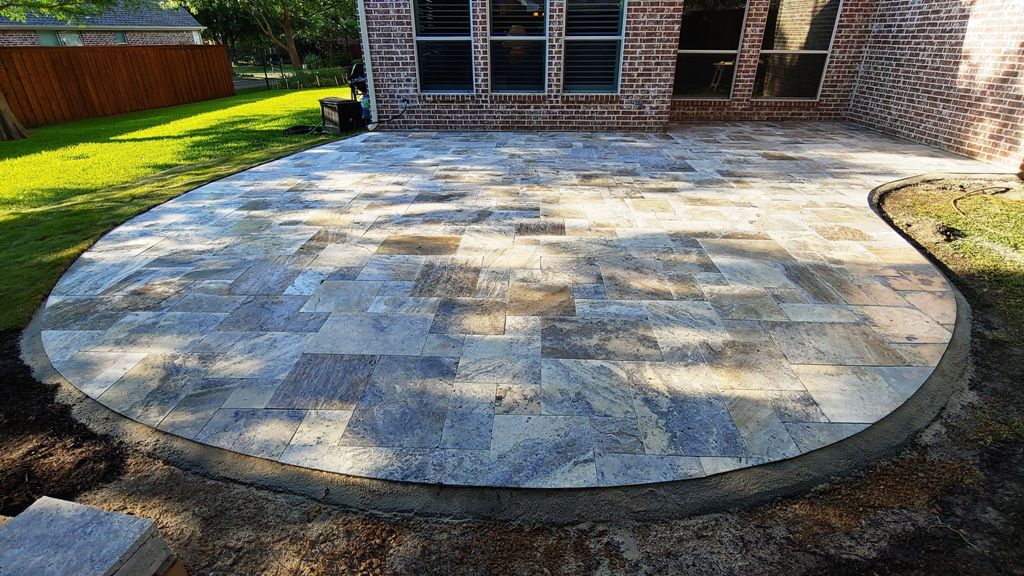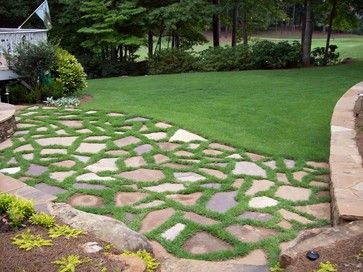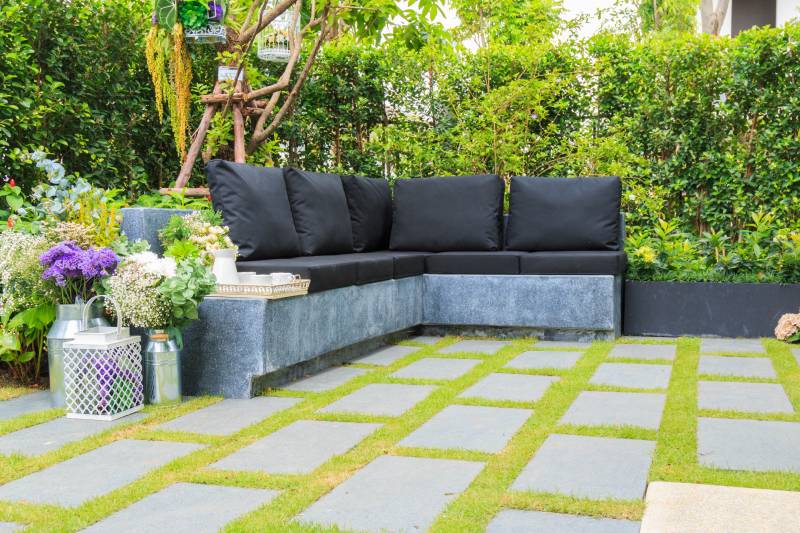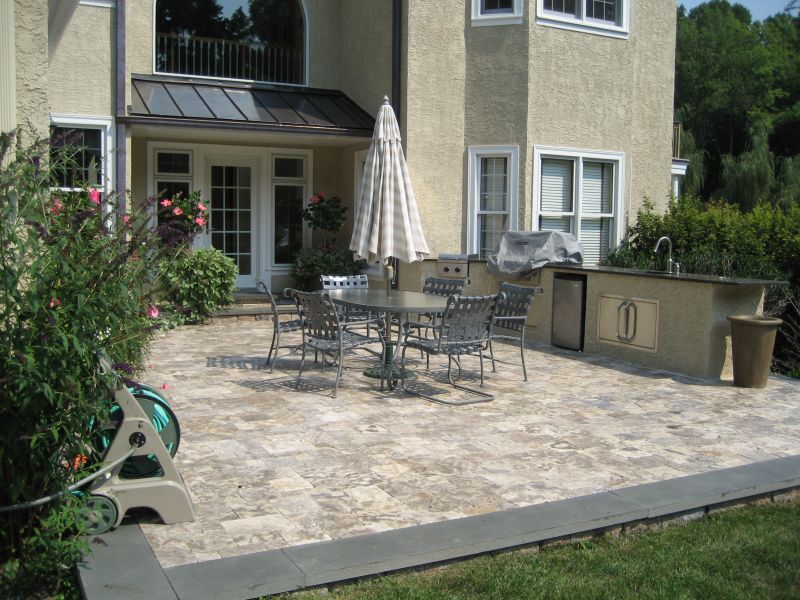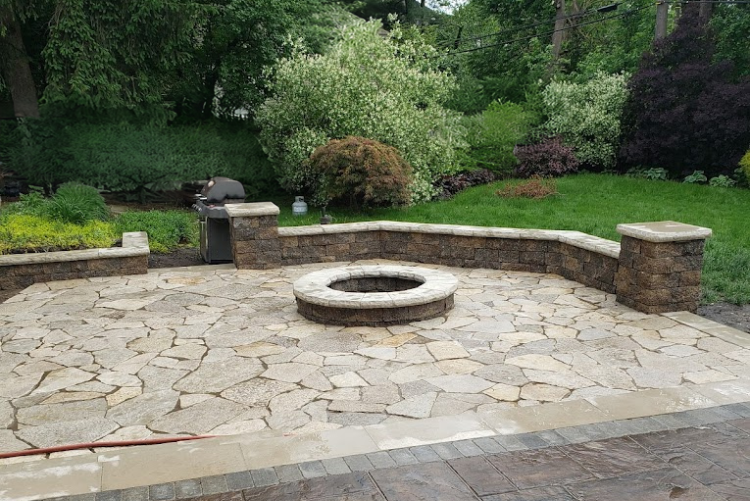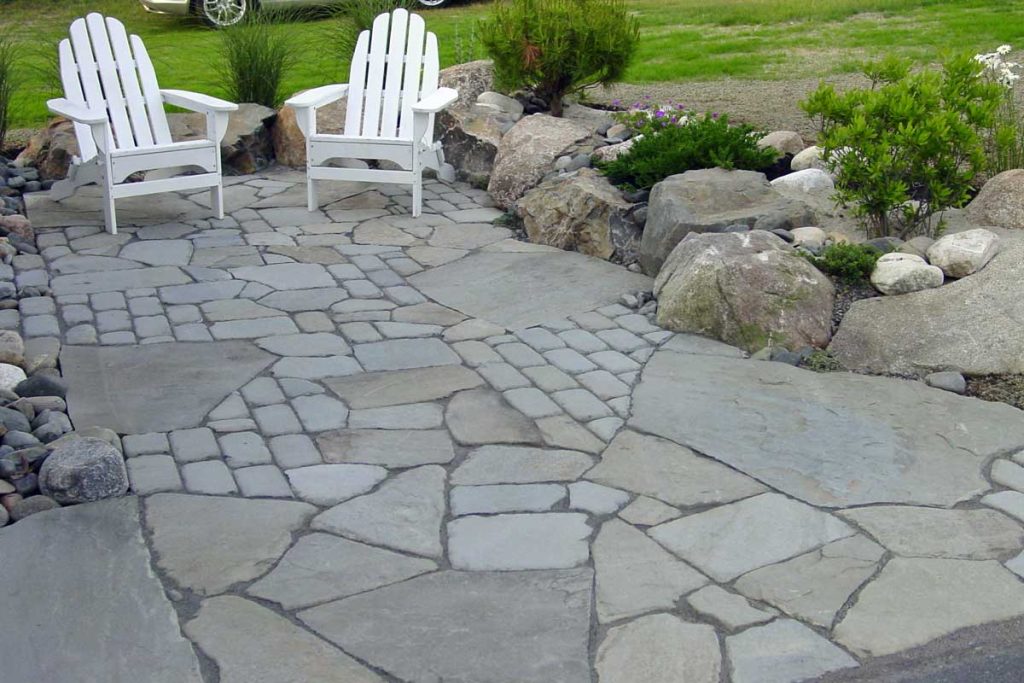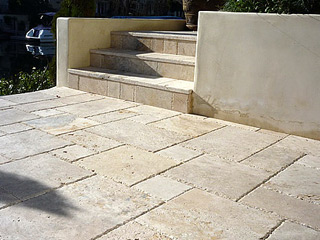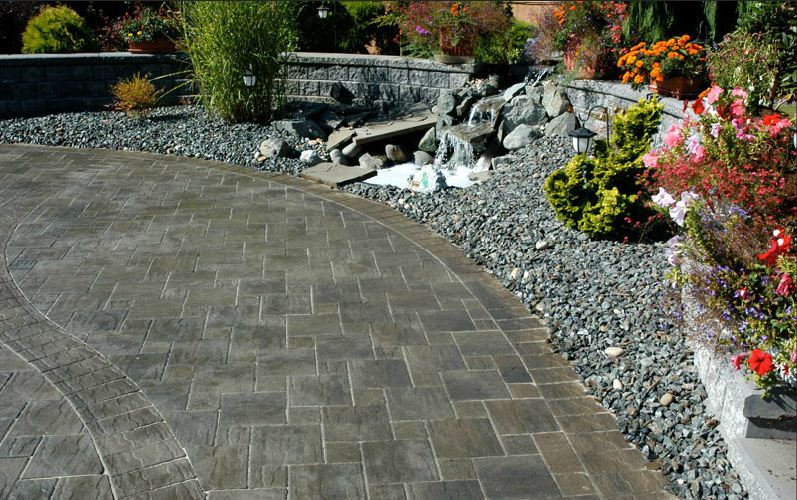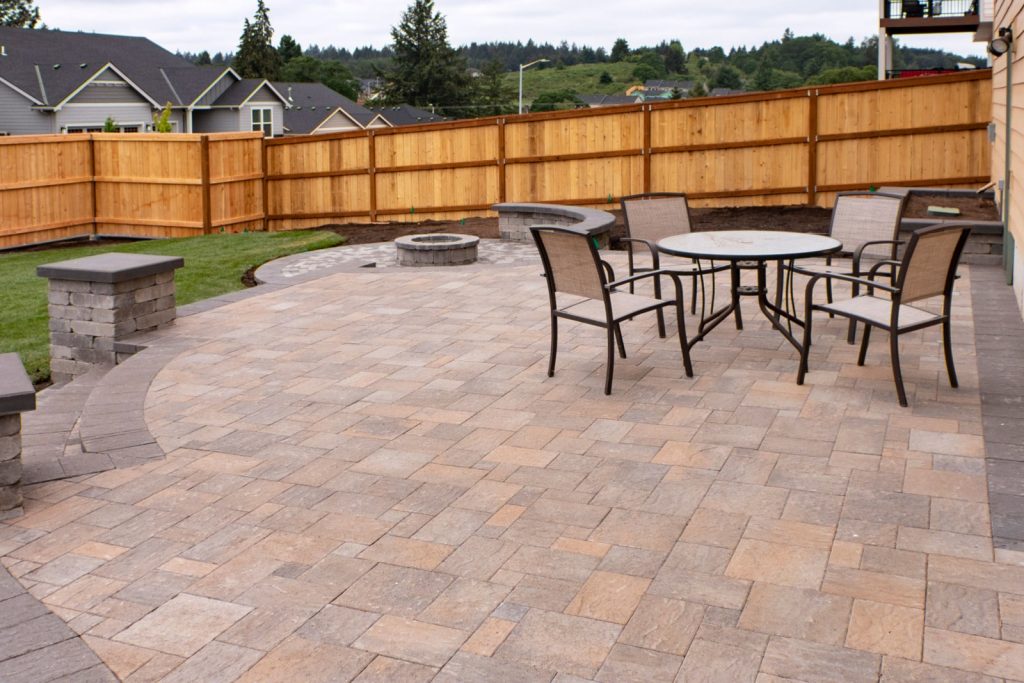Pavers vs Tile for Your Backyard
Pavers vs Tile for Backyard. When designing your backyard space, choosing the right surface material is key to creating an outdoor area that’s beautiful, durable, and functional. Two of the most common options people consider are natural stone pavers and tile. While both have their uses, pavers are usually the better choice for outdoor spaces like patios, walkways, and pool decks — especially if you want something long-lasting and weather-resistant.
Durability and Weather Resistance
Pavers are made specifically to withstand the elements. Natural stone pavers like travertine, granite, or limestone are incredibly strong and built to handle temperature changes, rain, sun, and foot traffic without cracking or wearing down.
Tile, on the other hand, is often designed for indoor use. Many ceramic or porcelain tiles can crack when exposed to freeze-thaw cycles or shift over time when installed outdoors, especially if the ground isn’t perfectly level or compacted.
Slip Resistance
Outdoor areas like patios and pool decks need to be safe even when wet. Natural stone pavers often come with a textured or tumbled finish that provides better grip underfoot, making them less slippery and safer for all ages. Many tiles, especially glossy or polished ones, can become slippery when wet — a major concern for outdoor use.
Aesthetic Flexibility
Natural stone pavers offer a timeless, earthy look that blends beautifully with outdoor surroundings. Whether you’re going for a rustic, modern, or traditional style, there’s a paver to match your vision. You can also mix shapes, sizes, and colors for a custom design.
Tiles can offer a sleek, uniform look, but they often lack the natural variation and organic charm that stone pavers provide.
Installation and Maintenance
Pavers are typically easier to repair. If something damages a piece, you can easily remove and replace it without disturbing the rest of your patio. In contrast, tile installations rely on grout and adhesive, which often crack and become difficult to maintain or repair over time when exposed to outdoor conditions.
Also, pavers often require less ongoing maintenance. Natural stone is tough, and when sealed properly, resists stains and buildup.
The Verdict: Go with Pavers for the Outdoors – Pavers vs Tile for Backyard
While tile may work well for indoor projects or covered outdoor spaces, natural stone pavers are the better overall option for backyards, patios, and outdoor walkways. They’re durable, weather-resistant, slip-safe, and beautifully complement natural landscapes.
We specialize in high-quality natural stone pavers that elevate your outdoor space with lasting beauty and strength. Whether you’re updating your backyard patio or designing a brand-new outdoor retreat, our selection of pavers can help you build something that lasts for years to come.

